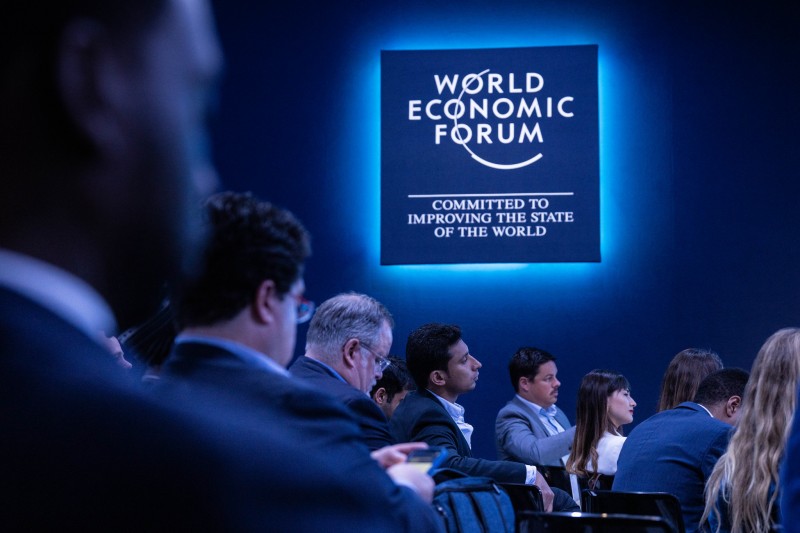
The climate crisis became the spotlight as world leaders discuss the impact of global philanthropy. During a special session hosted at World Economic Forum in Davos, public, private and philanthropy leaders gathered to amplify efforts to achieve net zero and nature-positive goals.
The session has been titled “Philanthropy: A Catalyst for Protecting Our Planet”, which has taken place as UAE is preparing for hosting COP28 Emirates Climate Conference later this year.
The session has been opened by the President of the World Economic Forum, Borge Brende. Highlighting that less than 2% of global philanthropy currently goes toward climate change efforts and calls for greater collaboration between stakeholders to scale impact. U.S. Special Presidential Envoy for Climate John F. Kerry, followed by emphasizing the urgent need to harness the power of catalytic philanthropy to protect the planet for all life.
In estimation, currently, between $7.5 to $12.5 billion of global philanthropy has been spent on climate action, funding climate mitigation tripling in the past five years.
The discussion has focused on the opportunity for strategic philanthropy to unlock trillions in private capital and government-procured funds towards meeting climate goals while highlighting the important role of philanthropy across global growth markets including the Middle East and North Africa to create enabling environment to accelerate action.
“Climate change affects us all. It has the potential to deeply impact human health and capital assets with issues such as extreme heat, water scarcity, and poor air quality already creating systemic challenges for global growth markets. Rising to the challenge of tackling these issues requires a truly collaborative approach, and a combination of political will, private capital, and home-grown innovation if we are to unlock the $100 trillion additional investment needed to transition to net zero”, said by the CEO of Crescent enterprise, Badr Jafar, also the Founding Patron of the Centre for Strategic Philanthropy based at the University of Cambridge and Strategic Philanthropy Initiative at NYU Abu Dhabi.
World Economic Forum launched its Giving to Amplify Earth Action (GAEA), a public-private philanthropy partnership for climate and nature calling for a multi-stakeholder and multi-sector approach to embrace to catalyst climate action.
“As we witness the largest generational transfer of wealth of over 60 trillion dollars take place in the coming years, we have a unique opportunity to embrace a cultural shift in giving, to use this vast wealth to attain sustainable and inclusive prosperity globally,” Badr Jafar remarked. “Regions like the Middle East and Africa stand the most to gain from climate adaption and mitigation investments, and COP28 in the UAE will create a global architecture for all capital actors to act together at speed and at scale,” said Badr Jafar as a Champion of the initiative.
This discussion was a part of the World Economic Forum climate multi-sector collaboration, unlocking the private finance and public funds needed to regenerate the earth's balance across nature, ocean, conservation, restoration, air quality, water, food systems, biodiversity, industry decarburization, and green technology deployment.
Syrian refugees who survived drowning at sea now risk deportation
More and better trade is required in a "reglobalized" world, according to Davos panellists
Russia attacked a residential space in Ukraine leaving multiple casualties